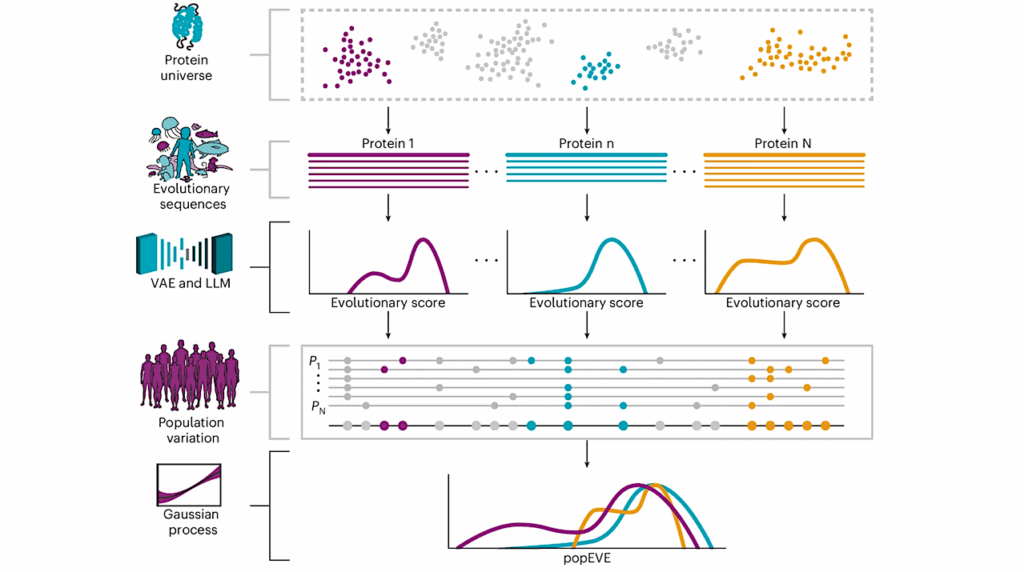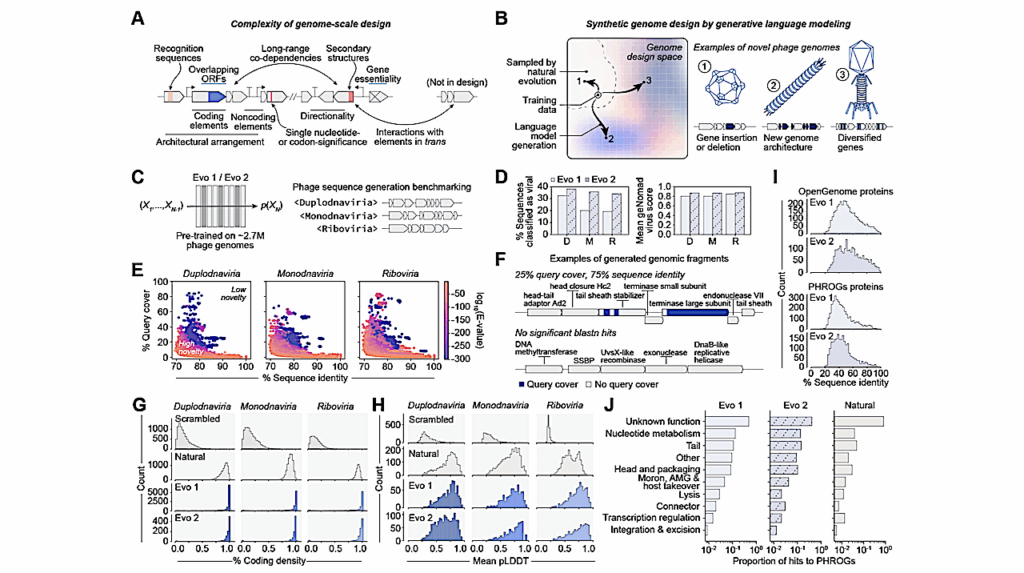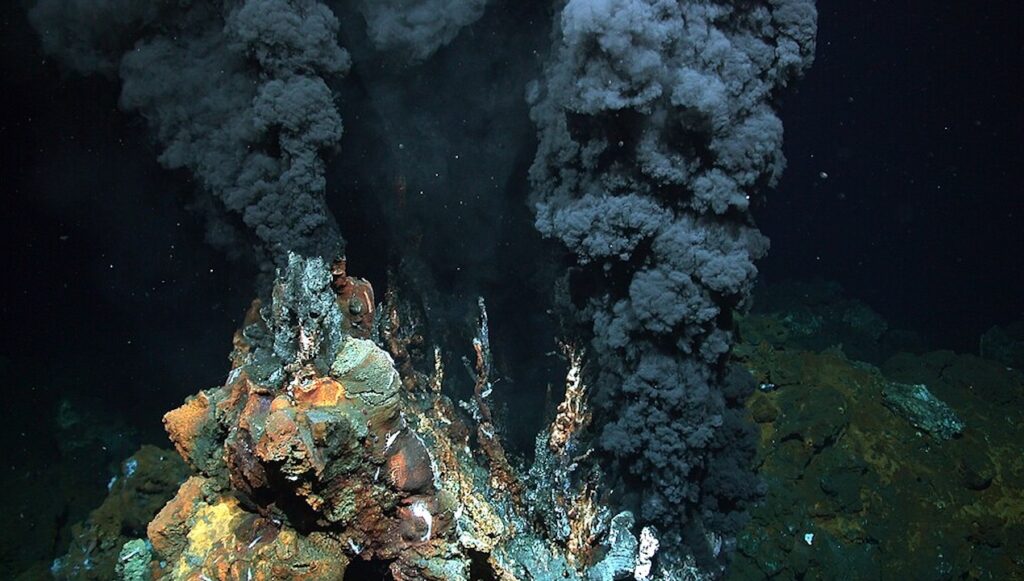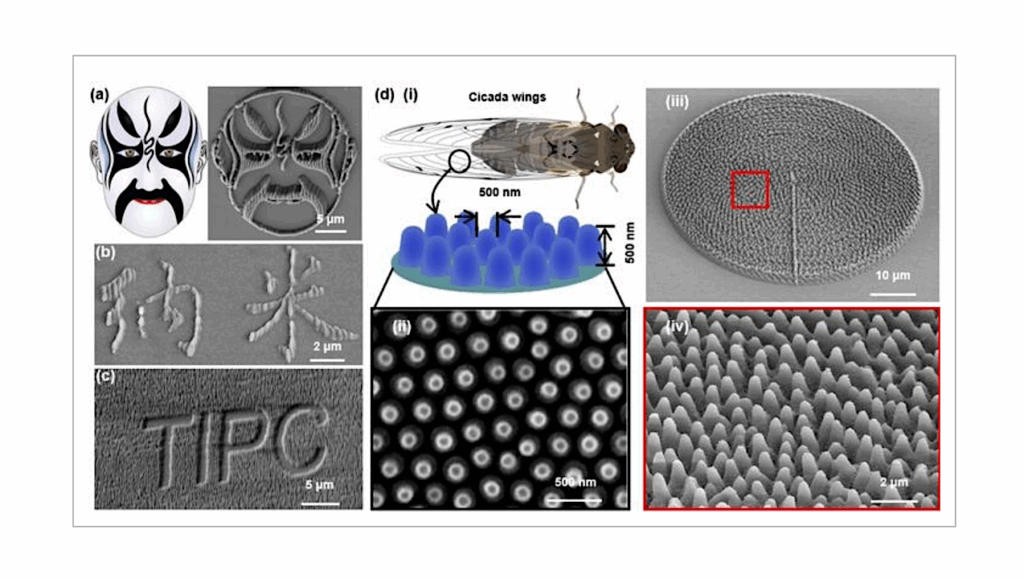Enhanced Assembly Of Bacteriophage T7 Produced In Cell-free Reactions Under Simulated Microgravity

On-demand biomanufacturing has the potential to improve healthcare and self-sufficiency during space missions.
Cell-free transcription and translation reactions combined with DNA blueprints can produce promising therapeutics like bacteriophages and virus-like particles. However, how space conditions affect the synthesis and self-assembly of such complex multi-protein structures is unknown.
Here, we characterize the cell-free production of infectious bacteriophage T7 virions under simulated microgravity. Rotation in a 2D-clinostat increased the number of infectious particles compared to static controls. Quantitative analyses by mass spectrometry, immuno-dot-blot and real-time PCR showed no significant differences in protein and DNA contents, suggesting enhanced self-assembly of T7 phages in simulated microgravity.
While the effects of genuine space conditions on the cell-free synthesis and assembly of bacteriophages remain to be investigated, our findings support the vision of a cell-free synthesis-enabled “astropharmacy”.
Competing Interest Statement
The authors have declared no competing interest.
François-Xavier Lehr, Bruno Pavletić, Timo Glatter, Thomas Heimerl, Ralf Moeller, Henrike Niederholtmeyer
doi: https://doi.org/10.1101/2022.12.16.520761
https://www.biorxiv.org/content/10.1101/2022.12.16.520761v1
Astrobiology








